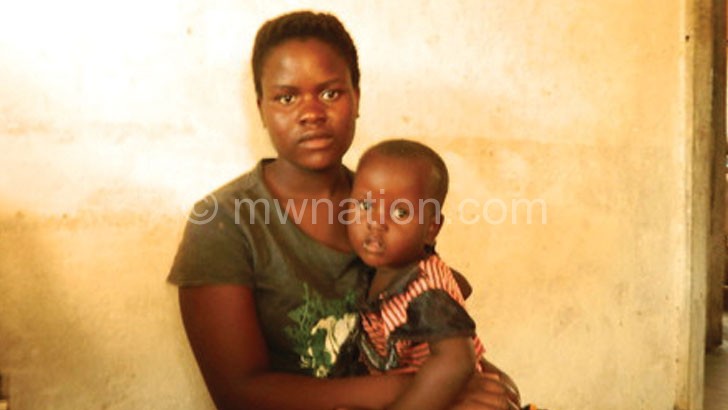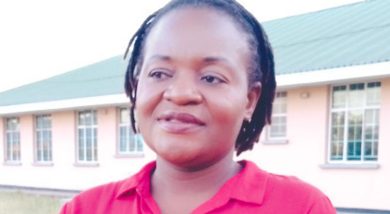Psychologist fears abused children may live with trauma
A clinical psychologist has said children, including babies, that face violence acts may live with the trauma as they grow.
The clinical psychologist, Chiwoza Bandawe of College of Medicine in Blantyre, said children even at tender age of two or three that witness armed robberies in their homes or face other acts of violence are traumatised and need help.

Bandawe, asked to comment on alleged police’s behaviour in Machinjiri where residents, including babies were reportedly beaten up and the effects that may have on children, said the traumatic experience would come part of them.
“These children that face such violent acts struggle at school. If they meet a stranger, they have that fear and this is a problem that may have a negative impact on their lives,” Bandawe said.
The clinical psychologist said the ability by these traumatised children to run their day to day life is compromised.
One international study, according to a search on Internet, discloses that if hurt by violence, a child may have to cope with physical or medical problems.
“A child may also have mental health problems… Some people think that young children are not harmed by community violence because they are too young to understand or remember.
“However, studies have found [something to the contrary] in babies and young children,” reads the report.
A child’s exposure to community violence, it reads, affects the whole family.
“Parents are often worried about their child’s health and well-being. If resources and help are limited, parents can become angry. As a parent, you might blame yourself for not being able to keep your child safe,” reads the report.
The study says children can be helped and the best thing for a child is a caring adult.
“If a child is touched by violence, spend time with the child. Be sure the child understands that you are there to listen. Help the child talk about the trauma, but do not make him or her talk. Answer questions honestly using words that your child understands,” it advises. n





